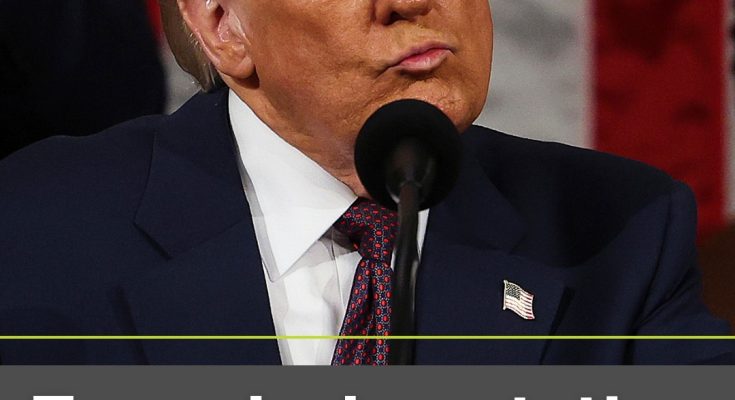
Detainees from Venezuela were forcibly removed from the United States and sent to a notorious prison in El Salvador, immigrant rights advocates said. Getty Images/fStop
Editor’s note: This story was originally published by NJ Spotlight News and shared as part of a content-sharing agreement between Mosaic.NJ.com and NJ Spotlight News. You can follow them on Facebook and Twitter (or X).
Immigrant advocates in New Jersey are slamming recent deportations by the Trump administration.
On March 15, 238 Venezuelans were forcibly deported to a notorious prison in El Salvador, a move the Trump administration justified in part under the Alien Enemies Act. Critics called the move propaganda for a political agenda that’s masquerading as immigration enforcement.
Amy Torres with the New Jersey Alliance for Immigrant Justice said the implicit suggestion is, “Look how dangerous these people are. These are the measures that we have to take, where we have to shackle them, have them frog-marched in. We have to shave their heads.” In reality, said Torres, “We have 230-plus people who are basically disappeared, and being held as political prisoners.”
President Donald Trump has said 137 of these men belong to Tren de Aragua, a dangerous criminal gang, and that he rightfully invoked the Alien Enemies Act of 1798, even though Congress specifically intended the law to be used as a safeguard only during wartime.
“These are bad people. That was a bad group of — as I say — ‘hombres.‘” Trump told reporters. “These are criminals, murderers, drug dealers, people from mental institutions. That’s an invasion. They invaded our country. This IS war.”
Rose Cuison-Villazor, a professor of law at Rutgers University, strongly disagrees.
“We are not at war. There hasn’t been any determination at all that these people — who were removed or are being detained under the Alien Enemies Act — are even members of Tren de Aragua,” said Cuison-Villazor, who also heads the Center for Immigrant Justice.
She says these detainees included legitimate asylum-seekers. Some were arrested simply for their tattoos. The deportations proceeded despite a federal judge’s order to return the men after the plane left for El Salvador.
“Did they ignore the judge’s order? And if they did — you know — that’s a constitutional crisis,” said Cuison-Villazor. “So it’s clearly unprecedented. There’s no case law. There’s no support for this kind of invocation of power.”
If the administration applies the Enemy Aliens Act without oversight, then, “It’s being unlawfully used to target and accelerate the mass deportations that they’ve been planning,” said Jeanne LoCicero, legal director at ACLU-NJ.
When the Alien Enemies Act was invoked during World War II, the government confined German, Italian and Japanese nationals at Ellis Island. After Pearl Harbor, immigration officials housed detainees in the Great Hall there, including 134 Japanese residents who were living in New Jersey, according to researcher Anna Pegler-Gordon.
The government also housed some 50 Germans — mostly women — at an immigration station in Gloucester City and brought thousands of detained Japanese from internment camps out West to work at Seabrook Farms in Cumberland County.



